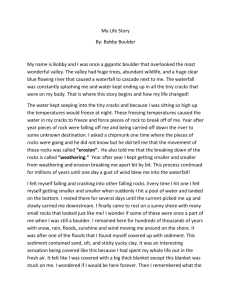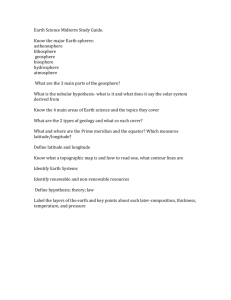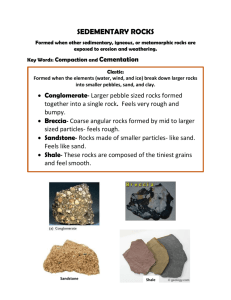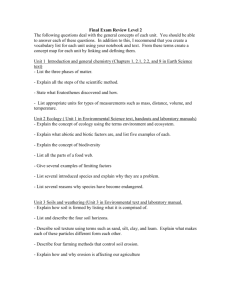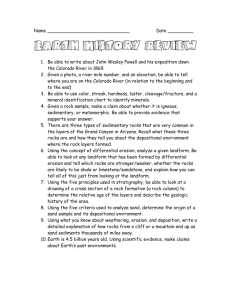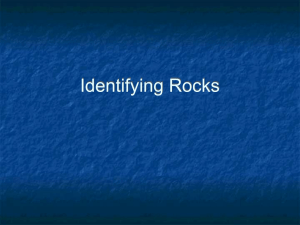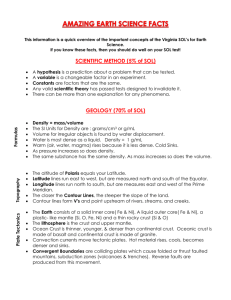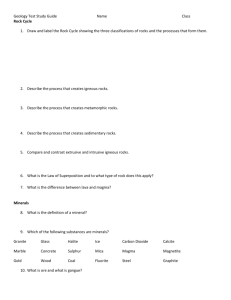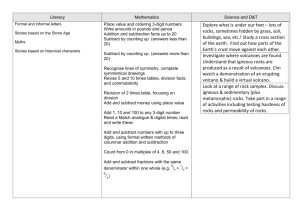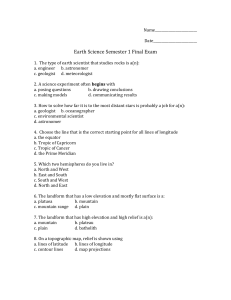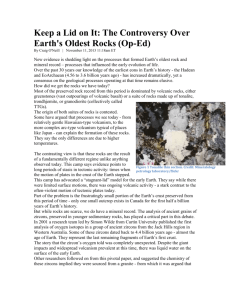Southwest—Earth Changes and Culture Study Buddy *Be able to
advertisement
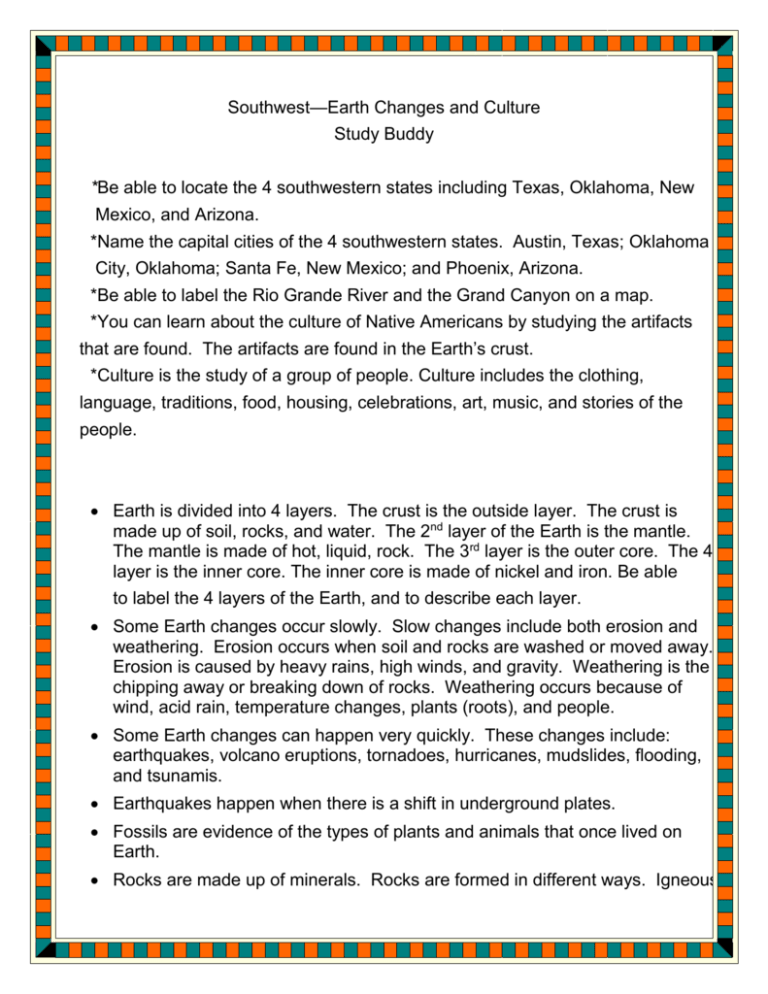
Southwest—Earth Changes and Culture Study Buddy *Be able to locate the 4 southwestern states including Texas, Oklahoma, New Mexico, and Arizona. *Name the capital cities of the 4 southwestern states. Austin, Texas; Oklahoma City, Oklahoma; Santa Fe, New Mexico; and Phoenix, Arizona. *Be able to label the Rio Grande River and the Grand Canyon on a map. *You can learn about the culture of Native Americans by studying the artifacts that are found. The artifacts are found in the Earth’s crust. *Culture is the study of a group of people. Culture includes the clothing, language, traditions, food, housing, celebrations, art, music, and stories of the people. Earth is divided into 4 layers. The crust is the outside layer. The crust is made up of soil, rocks, and water. The 2nd layer of the Earth is the mantle. The mantle is made of hot, liquid, rock. The 3rd layer is the outer core. The 4th layer is the inner core. The inner core is made of nickel and iron. Be able to label the 4 layers of the Earth, and to describe each layer. Some Earth changes occur slowly. Slow changes include both erosion and weathering. Erosion occurs when soil and rocks are washed or moved away. Erosion is caused by heavy rains, high winds, and gravity. Weathering is the chipping away or breaking down of rocks. Weathering occurs because of wind, acid rain, temperature changes, plants (roots), and people. Some Earth changes can happen very quickly. These changes include: earthquakes, volcano eruptions, tornadoes, hurricanes, mudslides, flooding, and tsunamis. Earthquakes happen when there is a shift in underground plates. Fossils are evidence of the types of plants and animals that once lived on Earth. Rocks are made up of minerals. Rocks are formed in different ways. Igneous rocks form by heat. Lava, coming from a volcano, cools off and hardens to form igneous rocks. Sedimentary rocks are formed when sediments build up and are packed down over time. Metamorphic rocks are formed when igneous rocks change over time (heat and pressure). Rocks and minerals can be classified by properties. Properties include: size, shape, color, texture, hardness, luster, etc. I P I have studied this content with my child,_____________________. Parent/guardian signature_____________________________________
